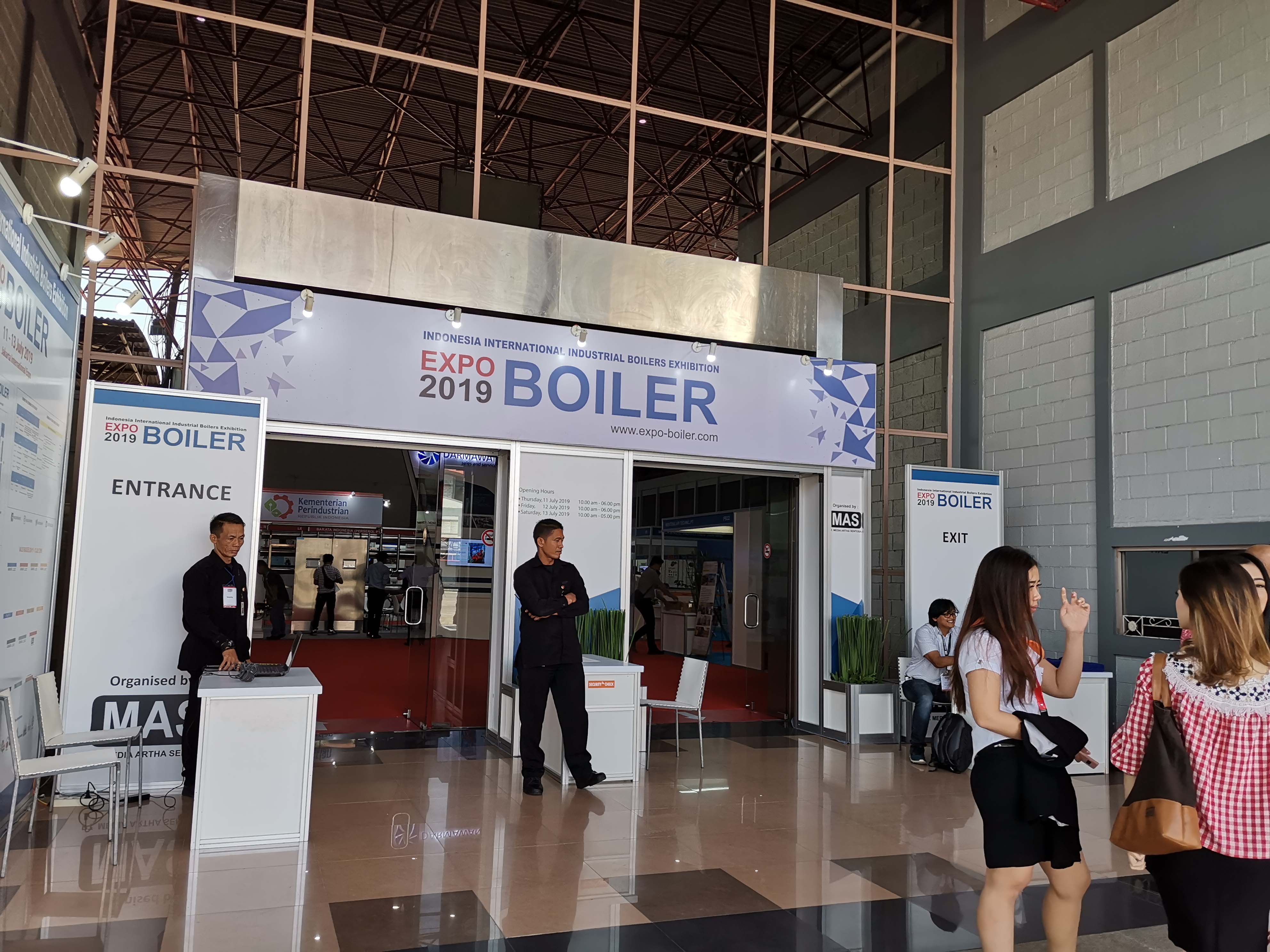reciprocating grate boiler products
The Advancements in Reciprocating Grate Boiler Technology
In the realm of energy production, the choice of boiler technology can significantly influence operational efficiency, environmental impact, and overall system performance. Among various options, the reciprocating grate boiler has gained considerable adoption due to its unique features and advantages. This article delves into the workings, benefits, and advancements of reciprocating grate boilers.
What is a Reciprocating Grate Boiler?
A reciprocating grate boiler is a type of combustion equipment that utilizes a moving grate to facilitate the combustion of solid fuels, such as biomass, coal, and waste materials. In this system, the solid fuel is fed onto a grate that moves back and forth, allowing for uniform combustion, efficient ash handling, and better heat transfer.
The reciprocating motion of the grate ensures that the fuel is exposed to the combustion atmosphere for an extended period, promoting complete combustion. The design accommodates varying fuel sizes, shapes, and moisture contents, making these boilers versatile for different industrial applications.
Key Advantages of Reciprocating Grate Boilers
1. Fuel Flexibility One of the foremost benefits of reciprocating grate boilers is their ability to burn a wide variety of solid fuels. This flexibility allows industries to utilize locally available or lower-cost fuel options, such as agricultural residues or waste products.
2. Efficiency in Combustion The design of the reciprocating grate ensures that fuel is evenly distributed and mixed with air, promoting higher combustion efficiency. The adjustable grate speed allows operators to optimize the burning process according to combustion requirements.
3. Lower Emissions With better combustion control, reciprocating grate boilers can achieve lower emissions of harmful pollutants. Advanced control technologies and the integration of flue gas cleaning systems further contribute to meeting stringent environmental regulations.
4. Robust Ash Handling The moving grate design facilitates the continuous removal of ash, which reduces the risk of fouling and improves operational reliability. Additionally, effective ash management allows for resource recovery or proper disposal, depending on the fuel type.
reciprocating grate boiler products

5. Scalability Reciprocating grate boilers can be designed to accommodate varying capacities, making them suitable for both small and large scale operations. Industries can adjust their boiler size according to energy needs or can expand capacity as their operations grow.
Recent Advancements in Technology
The development of reciprocating grate boilers has evolved significantly, particularly in response to modern energy challenges. Innovative technologies have emerged to enhance the efficiency and sustainability of these systems.
1. Enhanced Monitoring and Control Systems Modern reciprocating grate boilers are equipped with advanced monitoring systems that provide real-time data on combustion conditions, fuel quality, and emissions. These systems enable operators to adjust parameters dynamically, ensuring optimal performance.
2. Integration with Cogeneration There is a growing trend to integrate reciprocating grate boilers with cogeneration systems that utilize waste heat for electricity production. This increases overall energy efficiency and reduces operational costs.
3. Improved Design Materials The introduction of advanced materials in the construction of grates and combustion chambers has led to increased durability and resistance to corrosion and wear. These materials can withstand high temperatures and harsh operating conditions, resulting in longer service life.
4. Automation and Digitalization The implementation of automation technology and digital platforms allows for smoother operation and maintenance processes. Predictive maintenance techniques, empowered by data analytics, can decrease downtime and improve reliability.
5. Focus on Biomass Utilization With the global shift towards renewable energy, many reciprocating grate boiler designs now emphasize biomass combustion. This shift not only reduces dependency on fossil fuels but also aligns with sustainability goals and carbon neutrality targets.
Conclusion
The reciprocating grate boiler remains a prominent choice in various industries due to its versatility, efficiency, and environmental benefits. As research and technology continue to advance, the capabilities of these boilers are expected to enhance further, paving the way for cleaner and more efficient energy production. Investing in modern reciprocating grate technologies can lead to substantial gains in energy efficiency and sustainability, ultimately contributing to a greener future.
-
High-Efficiency Hotel Water Boiler - Reliable Hot Water Solutions for HotelsNewsJul.05,2025
-
High-Efficiency Industrial Boiler Plant Supplier & Factory Quality Boiler Plant ProductsNewsJul.05,2025
-
High-Efficiency House Hot Water Boiler Supplier & Factory Reliable House Hot Water Boiler Product SolutionsNewsJul.04,2025
-
Top Boiler Dealer & Supplier Quality Boiler Dealer Products from Factory DirectNewsJul.04,2025
-
High-Efficiency Waste Heat Recovery Boiler Expert Service & QuotesNewsJul.04,2025
-
Top Industrial Boiler Contractors Supplier & Factory Quality Products & ServicesNewsJun.10,2025

